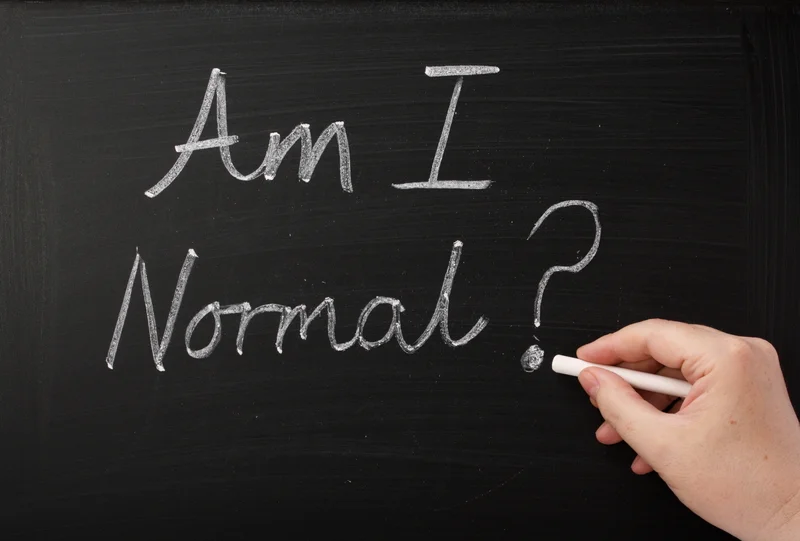Dry Drunk Behavior, Symptoms and Recovery

Journaling or discussing dry drunk syndrome your feelings with a therapist or support group can help you find emotional support. Common traits of a dry drunk include anger, resentment, and general dissatisfaction with life. They may struggle with impulse control, emotional management, and engage in self-destructive behaviors. This syndrome can significantly impact an individual’s mental and emotional well-being, relationships, and overall quality of life. In group therapy, individuals in recovery can learn from and find inspiration from the experiences and progress of others.

With you every step of the way
The Diagnostic and Statistical Manual of Mental Disorders, 5th edition (DSM-5) does not recognize the terms dry drunk syndrome and PAWS. A person with AUD is unable to stop drinking alcohol, despite the effects it has on their life. Alcohol addiction is a disease, but that doesn’t excuse abusive behavior. If your loved one behaves in toxic or aggressive ways, it’s best to talk this over with a therapist and develop a plan to keep yourself safe. If you suspect you might be dealing with this syndrome, try not to be too hard on yourself. In other words, someone who’s sober might still “act drunk” Alcoholics Anonymous or deal with the same issues that led them to quit drinking in the first place.
Speak With Someone Who Understands
Instead those years were devoid of dealing with life on life’s terms due to the alcoholic addiction.6) Jealous of others for their stick-to-itiveness, perseverance and strength. Resenting the family member or friend for their dreams and punishing them by not being supportive, questioning their ability and striving to clip their wings of creativity. By addressing these underlying causes, you can significantly reduce the likelihood of experiencing dry drunk syndrome. During recovery, it’s common to fall into a cycle of negativity, often overlooking the positive aspects already present. It’s crucial to identify any underlying issues, such as anger, resentment, or unmet expectations, and address them.
General Health
- However, having symptoms of PAWS, which can last for up to 2 years following alcohol withdrawal, can put a person at higher risk of relapsing.
- These defense mechanisms, developed during active addiction, can hinder honest self-assessment and growth.
- Get the help you need from a therapist near you–a FREE service from Psychology Today.
- A dry drunk can even go about with the old patterns of thinking, reacting, and coping even without drinking.
- It can be really tough to deal with dry drunk symptoms and alcohol use disorder, but you don’t have to face it alone.
The overarching purpose is to provide a safe atmosphere in which people may connect and work towards recovery together. Dry drunk syndrome occurs when individuals stop consuming alcohol but continue to struggle with the emotional and psychological issues that fueled their addiction. Even though they may have “stopped drinking or using,” the behaviors that resulted during those years of chemical abuse may continue – even when the person is completely sober.

Professional Help and Guidance
A lot of times the issue is that the person is still obsessed with the unresolved emotions that make up their addiction, and so they become more self-centered and less empathetic. At the extreme, this behavior can make partners, friends or family feel neglected or unappreciated. Many of these behaviors are left over from the thinking patterns created during active addiction. And that person might not even be aware that their negative attitudes are still in control and that’s putting strain on their day-to-day life and their relationships.
How to support a loved one experiencing these symptoms
Recognizing the signs of dry drunk syndrome is crucial for effective intervention and prevention of relapse into active addiction. Understanding this condition is essential for developing appropriate strategies to address the underlying issues and promote genuine recovery. By acknowledging and addressing dry drunk syndrome, individuals can work towards achieving not only physical sobriety but also emotional and psychological well-being. Dry Drunk Syndrome is possible in people who stop drinking without formal recovery programs. Although they are no longer drinking, these individuals are not addressing, nor exploring their emotional and psychological issues related to their addiction.
- Spending time with your loved one, especially on activities you both enjoy, may help them feel more positive and optimistic about life in general.
- Another common experience in recovery is post-acute withdrawal syndrome (PAWS).
- People who are dry drunk may not be drinking alcohol, but they still have the same behavior patterns.
- Support groups also help keep you accountable, which is a game-changer for staying on track.
- When someone has dry drunk syndrome, they often focus too much on being sober.
Underlying Issues Not Addressed
Overcoming the dry drunk syndrome requires a comprehensive approach that addresses both the physical sobriety of the individual as well as their emotional and psychological well-being. This may involve seeking professional help from therapists or counselors who specialize in addiction recovery. Additionally, individuals may benefit from participating in support groups or 12-step programs that provide them with a sense of community and understanding. Furthermore, without addressing the root causes of their addiction, individuals may continue to struggle with unresolved trauma, anxiety, depression, or other mental health issues. This can lead to a cycle of self-destructive behaviors and an inability to find true fulfillment in life. Understanding and overcoming dry drunk syndrome is an essential part of your recovery process.
- Whether it’s unresolved trauma or an underlying mental health condition, the alcohol was a way to self-medicate.
- Understand that it is normal to feel a range of emotions during recovery.
- Dry Drunk Syndrome is a term used to describe a situation where someone remains emotionally and behaviorally similar to their pre-recovery state despite abstinence from alcohol or drugs.
- Alcohol is commonly used as a coping mechanism or way to escape negative emotions or feelings.
- One of the hallmarks of dry drunk syndrome is the emotional instability that comes with it.
What Is Dry Drunk Syndrome? Symptoms, Behaviors, and Treatment

If allowed to continue, eventually trust and intimacy becomes eroded, and relationships can become unhospitable. It’s important to address these long-term effects as soon as possible for anyone looking to continue to live a sober life and have a fulfilling life without alcohol. A person who has PAWS may find it helpful to have the support of their loved ones. Dry drunk syndrome is a term that AA developed to describe a person who no longer drinks alcohol but experiences the same issues or acts in the same way as when they were drinking.
